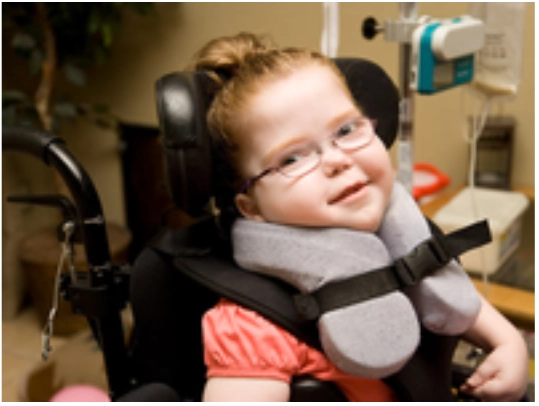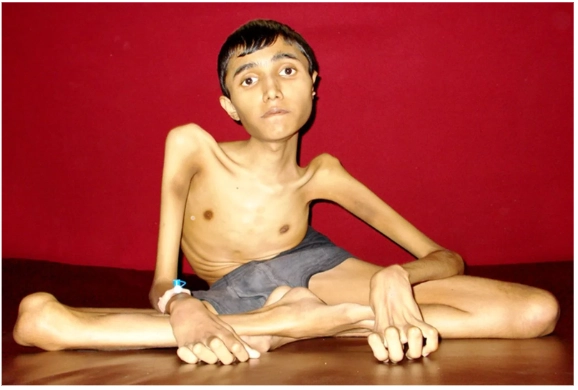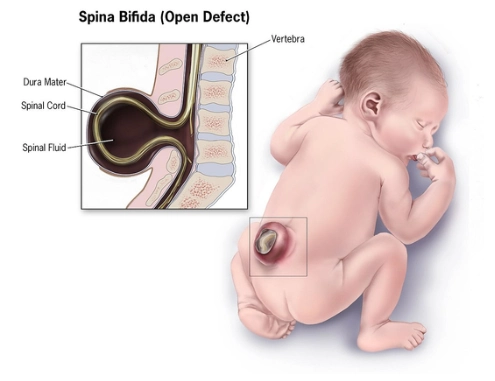Motor disability is a condition in which certain organs or body parts of a person are unable to move or function properly. This disability can be present in a child from birth (congenital) or may develop later due to an accident. Infection, neurological disorder, or genetic problem.
The most common causes include cerebral palsy, birth injuries, developmental disorders, infections, and head injuries. Medical malpractice can sometimes be a reason, but it is not among the most common causes.
Children with motor disabilities often face difficulties in activities like dancing, gymnastics, handwriting, eating, and other fine and gross motor tasks that a person without the disability can perform with ease.
Table of Contents
Cerebral Palsy

Cerebral Palsy is a well-known neurological condition that can develop during the delivery of an infant, before the delivery, and after the child’s birth. One of the common causes of CP is medical malpractice. In the US, it is the most common childhood motor disability cause. CP has four subtypes:
- Spastic cerebral palsy
- Ataxic cerebral palsy
- Athetoid/dyskinetic cerebral palsy
- Mixed cerebral palsy
Another condition called musculoskeletal can occur in the joints and bones of a child because of CP. It develops in a child primarily because of the negligence of the doctors. Medical malpractice is an offense that can risk someone’s life. If you feel that your kid is a victim of such a condition, then you can fight for compensation against the hospital responsible for your child’s medical condition.
Most parents do not reach out to lawyers because they fear financial expenses and the fear of confrontation. It is, however, best to deal with this situation by reaching out to an experienced lawyer in the field of medical malpractice to defend your case and fight to get you and your child the justice you deserve. An experienced attorney or lawyer will guide you through the entire case-filing process and also represent you in court as the need arises.
Muscular Dystrophy

A childhood condition that is passed through genetics, this condition can start showing symptoms between the ages of 3 and 6 years, and it mainly affects boys. MD is a neuromuscular disorder that the parents pass down through genes. It affects motor control by weakening the body muscles. There are 7 forms of Muscular dystrophy:
- Emery-Dreifuss Muscular Dystrophy
- Becker Muscular Dystrophy
- Myotonic Muscular Dystrophy (Steinert’s disease)
- Limb-girdle Muscular Dystrophy
- Duchenne Muscular Dystrophy
- Facioscapulohumeral Muscular Dystrophy
- Congenital Muscular Dystrophy
This condition can not be cured, but pediatric specialists can help your kid live a normal life and control the complications by helping them with physical therapies, orthopedic surgeries, taking care of their nutritional value in the body, and a lot more.
Spina Bifida

Spina Bifida is a lifelong condition that affects a person’s motor abilities. It occurs when the spinal cord of a fetus does not close or form properly. This condition usually develops in the early stages of pregnancy, but it is not always possible to detect it before birth. Some severe cases can be identified through ultrasound or prenatal tests, while mild cases may only be diagnosed after birth.
If Spina Bifida is detected during early testing, families have the option to make a decision based on their circumstances – either consider abortion or continue the pregnancy while preparing financially and medically in advance.
Sometimes, due to a doctor’s negligence, the condition may go undiagnosed, which results in the family facing lifelong emotional and financial challenges. A person with Spina Bifida requires ongoing medical care and assistance, which can become quite expensive.
In such situations, if you believe that despite proper testing the doctor failed to diagnose the condition on time, you may have the option to take legal action against the hospital or doctor. However, not every case qualifies as malpractice — it depends on whether negligence can be proven according to medical standards.
Determining whether your case is medical malpractice or not can only be assessed by an experienced lawyer. Finding such lawyers is often difficult, especially those who have handled similar cases, know how to win compensation against hospitals, and don’t charge excessive fees. The best approach is to look for reputed law firms online, read reviews from previous clients, and then make an informed decision.